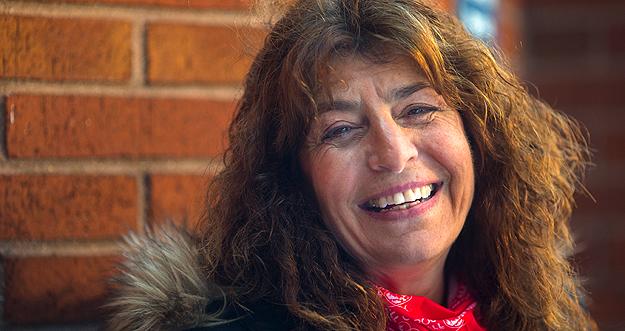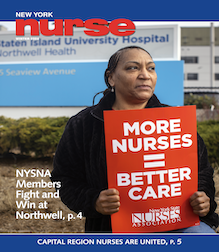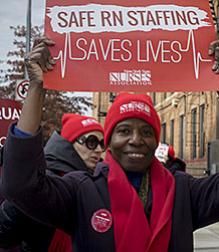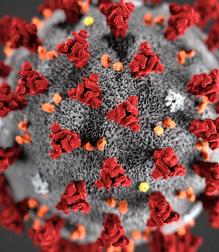
For me, an area of moral clarity is: you’re in front of someone who’s suffering and you have the tools at your disposal to alleviate that suffering or even eradicate it, and you act. –Paul Farmer
We live in trying times. As nurses, we find ourselves facing ethical dilemmas on a daily basis. Do I respond to the patient needing pain medication or the disoriented one trying to get out of bed? Do I prioritize antibiotics on time for one patient or restart an infiltrated IV on another? Do I go to lunch or finish my documentation? Do I help a junior colleague or complete my own assignment? Do I vehemently advocate for my patients’ rights—or my own rights—and risk subtle or even overt retaliation, or do I silently accept “the system” with all of its flaws and keep a low profile?
Silent no more
People would like to think that remaining silent is being “neutral” or simply not taking a position on an issue. Nothing could be further from the truth. Silence is acquiescence. Silence in the face of oppressive conditions is passive acceptance—and thus, de facto support—of these conditions.
While it may seem sensible to opt for self-preservation at a moment in time (i.e., keeping a “low profile”), it is a failing long-term strategy. We can only make fundamental changes in our external environment when we function as a collective. The anti-labor rhetoric and actions perpetrated by the bosses and billionaires—and the political groups that support them—are designed to dismantle the only powerful tool that workers have: their unions.
Imperfect as our unions may be, we would be at the total mercy of employers without them. But a tool is only as powerful as its operators. With democratic input into a union’s goals and programs, with committed leaders, with calculated strategic actions, with an educational program designed to inspire and ignite passion, only then can a union hope to begin to challenge the Big Money and Big Media control that our employers and their cronies (certain politicians, so-called “think tanks,” legal strategists, commentators and the like) possess.
To survive and thrive in such a hostile anti-union atmosphere, worker organizations also need to embrace and incorporate the broader community into their programs. Nurses can do this easily and organically because everything that we do is linked to the well-being of our patients. When we talk about nursing practice, we are talking about how to provide the best care. When we describe the need for educational supports, we are describing how we can best be prepared to confront challenges presented to us by complex scenarios. When we demand safe staffing, we are promoting patient safety. Our working conditions are our patients’ care delivery conditions.
The Healthcare New Yorkers Deserve
The theme of our first Delegated Convention is “The Healthcare New Yorkers Deserve” because we believe that as a basic human need, healthcare is at the same time a basic human right. As direct care providers, we know what quality care should look like. Most of our struggles in the workplace, in our communities and even in our own families revolve around the delivery of healthcare.
Industry psychologists work overtime to manipulate the public’s thinking. Healthcare—like Social Security—is not an “entitlement,” as we are led to believe. People have a right to retire with dignity, not mired in poverty and isolation. People have a right to have access to the tools and services that promote wellness. We talk about the healthcare folks deserve without judgment, the macro piece of how we see each and every one of our patients.
Social responsibility & the social determinants of health
No one wants to see our hard work to get our patients well, or provided with the ability to cope, compromised by the social conditions under which they live when they leave the hospital, clinic or program. And yet, it happens all the time. We cannot see healthcare as a segregated entity that begins with the intake and ends with the discharge. Nurses are holistic creatures. Knowing our patients lack the resources to remain healthy is what keeps us awake at night.
The social determinants of health include education, economic security, nutrition, neighborhood safety, housing, race, gender, language proficiency, immigration status, environment, self-esteem, social status and a variety of related issues. This is why nurses like Lillian Wald, Mabel Keaton Staupers and so many others, as well as physicians like Paul Farmer (quoted above) dedicate their lives to addressing the savage inequities that exist in societies and play a key role in the health and well-being of our populations.
Our union’s most powerful resource is our members. We are blessed to have so many dedicated and spectacular caregivers among us. Our fights for fairness at work and care quality and equity for our patients are umbillically linked. The healthcare New Yorkers deserve is the working environment nurses and caregivers deserve. They are one and the same.




